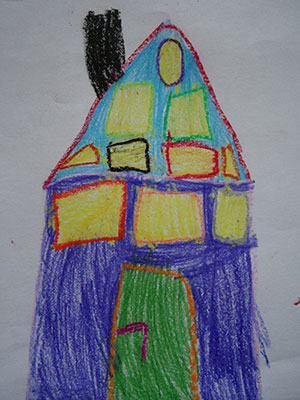What is kinship care?
Kinship care is when a child lives full-time or most of the time with a relative or friend who isn’t their parent, usually because their parents aren’t able to care for them. That relative or friend is called a ‘kinship carer’, and it’s estimated that around half of kinship carers are grandparents, but many other relatives including older siblings, aunts, uncles, as well as family friends and neighbours can also be kinship carers.
Kinship carers are also often referred to as ‘family and friends carers’ or ‘connected person carers’ by local authorities and in official documents.
There are lots of different types of kinship care. It includes children who may be:
- living in an informal arrangement made by their parents
- ‘looked after’ by the local authority and placed with kinship foster carers
- on a Child Arrangements Order (CAO) or Special Guardianship Order (SGO)
Is kinship care better for children?
There are clear benefits to children if they’re kept within their family network. Research shows that children in kinship care benefit from increased placement stability compared to children in local authority care, and are able to maintain family relationships. Even so, many children who go to live with kinship carers have had a very difficult start in life, and their behaviour is often greatly affected by past experiences.
What support is available for kinship carers?

In Solihull, our kinship carers
- receive a child’s allowance payment for each young person they look after
- have their own supervising social worker and
- can access all the same support and training as our mainstream foster carers.
Kinship (formerly known as grandparentsplus) is a good source of support. You can check out their website at https://kinship.org.uk/ or contact their advice service on 0300 123 7015 for more information about kinship care.